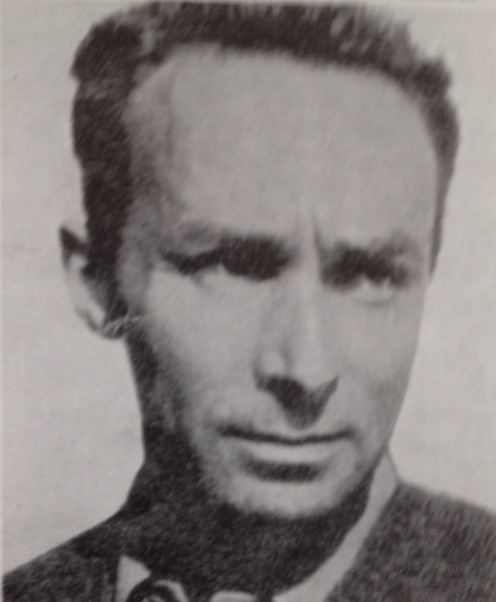Thoughts on reading Primo Levi’s books on being a KZ prisoner
When my children were small, I couldn’t read books on this subject or visit the Holocaust museums. The stories told and the livid photos created marred feelings of grief and horror that I couldn’t cope with. I would imagine how it would be to be brutally parted from parents or children or both.
For the last years, I have had a burning wish to know how the survivors managed to live through these absolute nightmares and I have seen museums that commemorate these horrible events.
Primo Levi’s books “If This Is a Man/ The Truce ( Survivor’s Journey Home from Auschwitz)” made a significant impression on me. He writes descriptively, so you experience the feelings he went through without him showing hatred against the Germans in general, but utter contempt for most of those in charge in the death camp. He also describes the total come down of people when deprived of everything.
When the capos spoke, it was in a hard and vulgar German. I suppose that the language matches the way “people” were treated. They were not regarded as human beings but were killed immediately on arrival or used as slave workers at the factories that paid for the KZ camps.
I am reading a biography of Primo Levis life by Ian Thomson, and he describes how excellently Primo was educated in the Classical knowledge, and even as a boy he could translate from Greek into Latin. In the camp, he once met another young man from France who was interested in Dante’s epic poem “Inferno”. Primo tried to translate the Italian lyrics, he used to know by heart, into French so that his working partner would understand. A situation like that was a glimpse of hope in their uncertain life situation.
What would I do if :
- I was told to pack for travel to a camp?
- I should choose between leaving the cattle train to the right or the left side?
- I should walk around in rags in all kind of weather?
- I had to carry things too heavy?
- How would I manage in an overcrowded room with two in each bunk?
- How would I manage to go to the “toilet” many times a night without a possibility to wash?
- If I had to fight for food and drink?
- If I lost my children?
Would I help other people or just try to survive myself?
Lorenzo, an Italian civilian worker in Auschwitz, saved Primo Levis’ life by sharing his food ration and respect with him.
Would I try to be friends with the Capos in charge to be saved for a moment?
I am not able to answer these difficult questions, but I hope I would have humanity left in me and do good if possible.
Primo went into the camp as an atheist and went out as one as well. I don’t know how I would manage the questions above, but I would enter as a bible believing the person, and if I survived such a situation I would leave as a believer. But no one can go through these hardships without scars in body and mind. Often people would say how you can believe in a good God when so horrible things are happening even in our time too? My answer would be that evil people do evil things and God has given us our free will, and that’s why we are going to be responsible for the deeds we do each of us.
Categories: Character, Favorites, Historical issues




2 Comments »